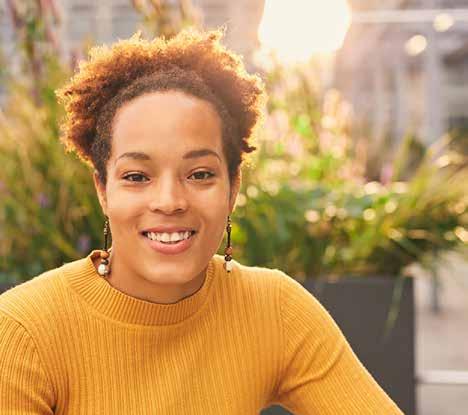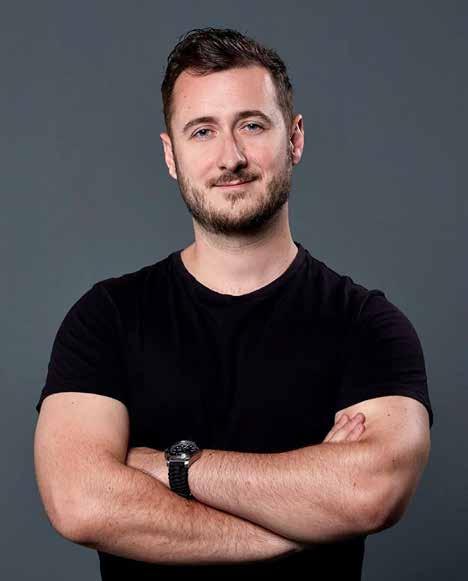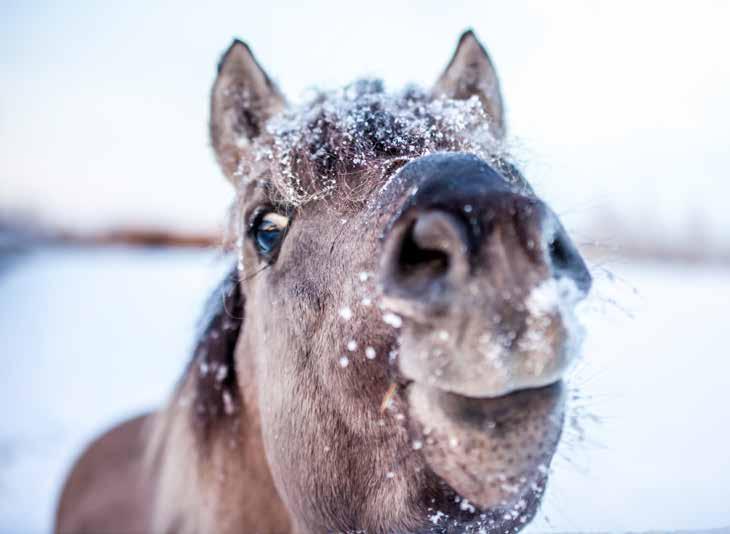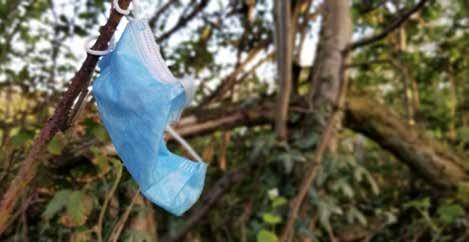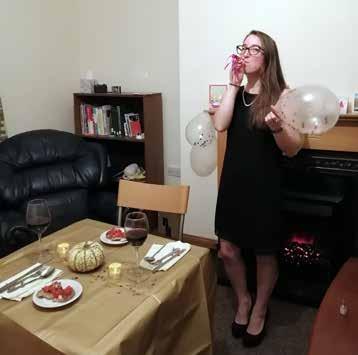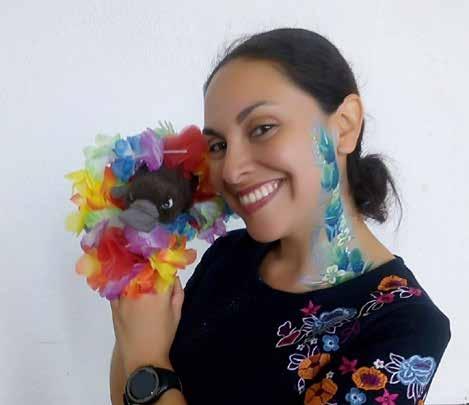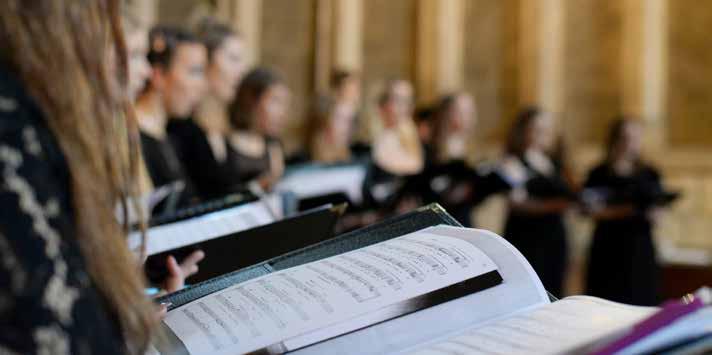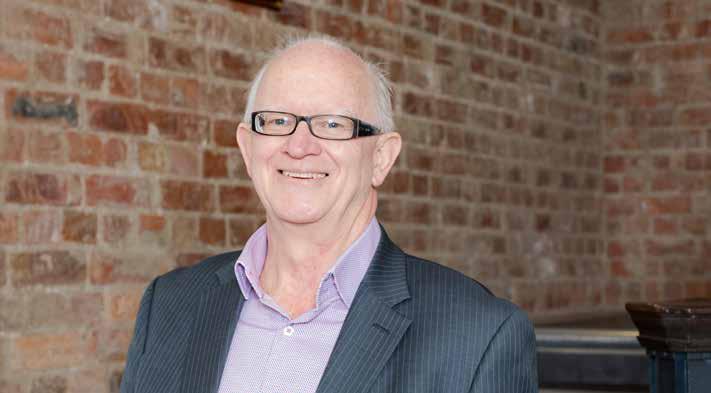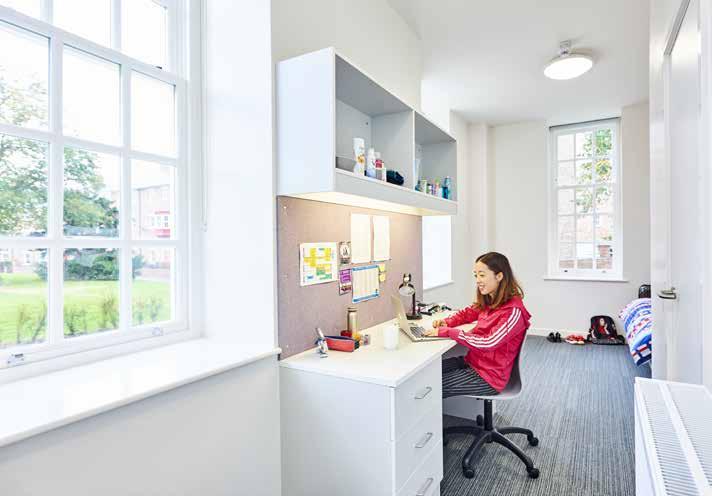Decolonising academia
Decolonising Academia By Bea
Fones
In order to be truly ‘global citizens’, we must engage with social issues and inequalities. The Café des Arts and Ustinov Seminar teams of the Ustinov Global Citizenship Programme sought to begin this at home, within our own academic community where we, as a team of scholars, wanted to address and dismantle the ways UK Higher Education (HE) has been shaped by colonial power structures. We began planning the ‘Decolonising Academia’ discussion panel late in 2019, rescheduling twice in solidarity with strike action and due to lockdown restrictions. It eventually went ahead in a somewhat different – and certainly new to us – format: as a Zoom webinar in early June 2020!
We wished to challenge the privileging of whiteness that creates an environment where Black, Asian, and Ethnic Minority (BAME) students and staff face institutional racism and enormous barriers to inclusion and academic attainment. It is crucial to keep these conversations at the centre of our work, and use our platforms to combat inequalities within and outside our institutions. The event fell at a time of increased discussion highlighting the importance of antiracist action, with an enormous global resurgence of #BlackLivesMatter protests days after the death of George Floyd. We began the event with a minute of silence to commemorate the deaths of George Floyd, Breonna Taylor, and all who have lost their lives to police brutality and the violence inflicted on Black communities by structures of white supremacy. Our panel of speakers joined us from a variety of institutional and disciplinary backgrounds. Dr Jason Arday (JA), Assistant Professor in Sociology at Durham, is a leading voice in the areas
theUstinovian
of race, education, class, social justice, intersectionality and cultural studies. He is a Trustee of the Racial Justice Network and the Runnymede Trust, the UK’s leading Race Equality Thinktank. Dr Janine Bradbury (JB) is a Senior Lecturer at York St. John University, specializing in African American literature, American Studies, and Critical Race Theory and is a former member of the Runnymede Trust’s Emerging Scholars Forum. Dr Laura Loyola-Hernandez (LLH) received her PhD from the University of Cambridge and is currently a British Academy Postdoctoral Fellow in the School of Geography at the University of Leeds. She is interested in decolonial thought, feminist political geography, and critical race studies with a focus on Latin America. Mr Kayombo Chingonyi (KC) is Assistant Professor in the Department of English Studies in Durham whose interests are in contemporary poetry, the intersection of poetry and music, critical race studies, black studies, and studies of whiteness with a focus on performativity and lyric subjectivity. His latest book of poetry, Kumakanda, was a Guardian and Telegraph book of the year. We were lucky to have two guest cochairs joining us for the event. Nailah Haque and Oluwaseun Twins have led Durham University People of Colour Association (DPOCA) as President and Vice-President respectively and are the 2020/2021 Undergraduate Academic Officer and President of Durham Students’ Union. We were joined by 115 attendees from across the university and further afield for this crucial discussion; we are
17

